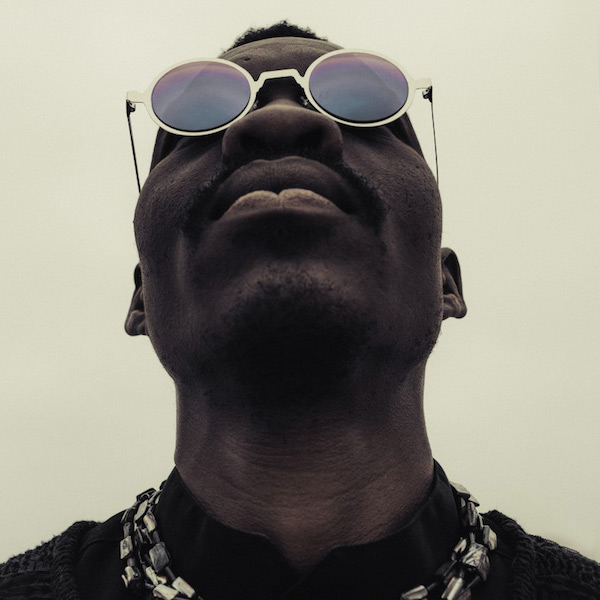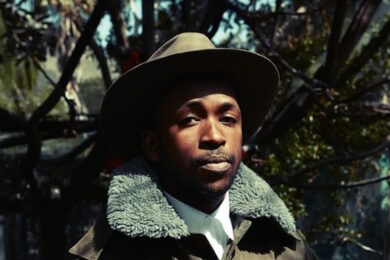2. VukazithatheAnibakhuzeni

I’m in a band with Vukazithathe called Fantasma. We met when I did this weird project where I traveled around South Africa in order to make one song in different provinces with lots of different people from different cultures and tribes. I’d go to one place, record parts, go to another place, record parts, and then at the end compile this Frankenstein of a song. But the experience, the musicality, the sentiment, and the time made it really beautiful. It was during the week that Mandela died. There’s a little documentary about it online. I met Vukazithathe then. We found out about him through the University of Natal. He is a great multi-instrumentalist out of Kwazulu, and I’d never heard of him. I was very impressed. I loved his energy and his creativity, and we ended up touring a lot together and made an album called Fantasma Free Love. Anibakhuzeni is what made me take notice and say, "I’d love to work with this guy." Also the fact that he’s so open-minded. There are a lot of other Maskandi artists who don’t want to veer outside of Maskandi. They’re very dogmatic about it.
People don’t often understand the fluidity of Maskandi; it’s much more than just guitar.
I think that’s the common misunderstanding of Maskandi. It’s not a folk genre in the sense that American folk is a 17th century genre. Maskandi is a 20th century, almost post-rock and roll African guitar music and a lot of it is based on the band. But what’s crazy about this album is that he played everything on the album: drums, bass, guitar, concertina, vocals, backing vocals. When you watch shows like that, it can be a little show-offy, or can be a bit one-dimensional. But he’s really got a genius brain. His mother and father played guitar, and he’s been playing since he was a small child. Can you imagine the complexity of his mind in terms of arrangements, melody, harmony, countermelodies, lyrics, themes, and backing? To watch him do it all is a marvel because he’ll stand right in front of you and build the most complex but palatable song. I’d love to see what’s going on inside his brain. It’s the kind of mind where I don’t think he has a choice. He is music. He lives music.
His story is just epic, really great and sad, but it makes me really sad that his career hasn’t been going forward at the pace that it should. The only thing I can do is try and help. He sings a lot about murder, moral tales. He sings about sorrow, that as brave, tough, big, and macho as you are, if your parents die, the kind of sorrow you feel will reduce you to the biggest baby. He’s got a lot of wise and moral tales.


